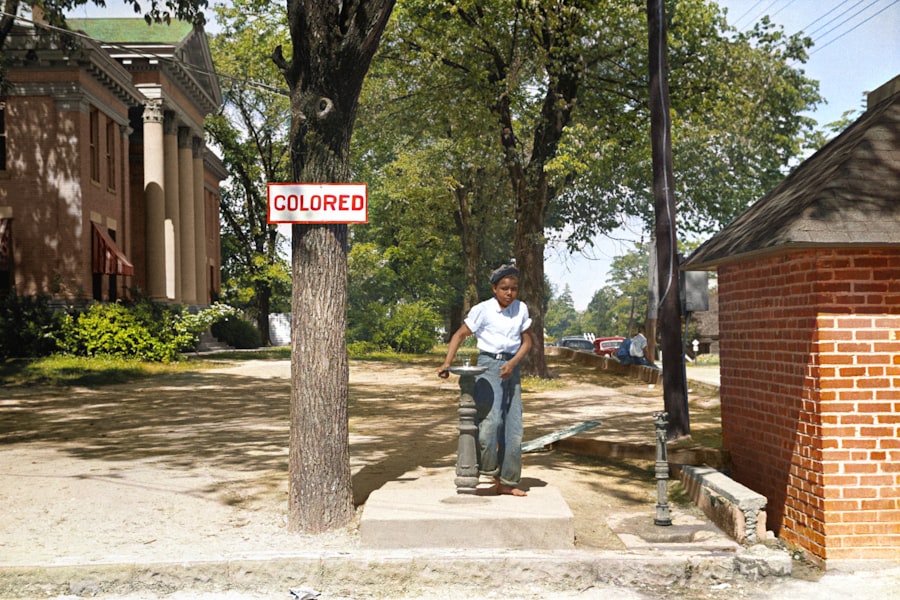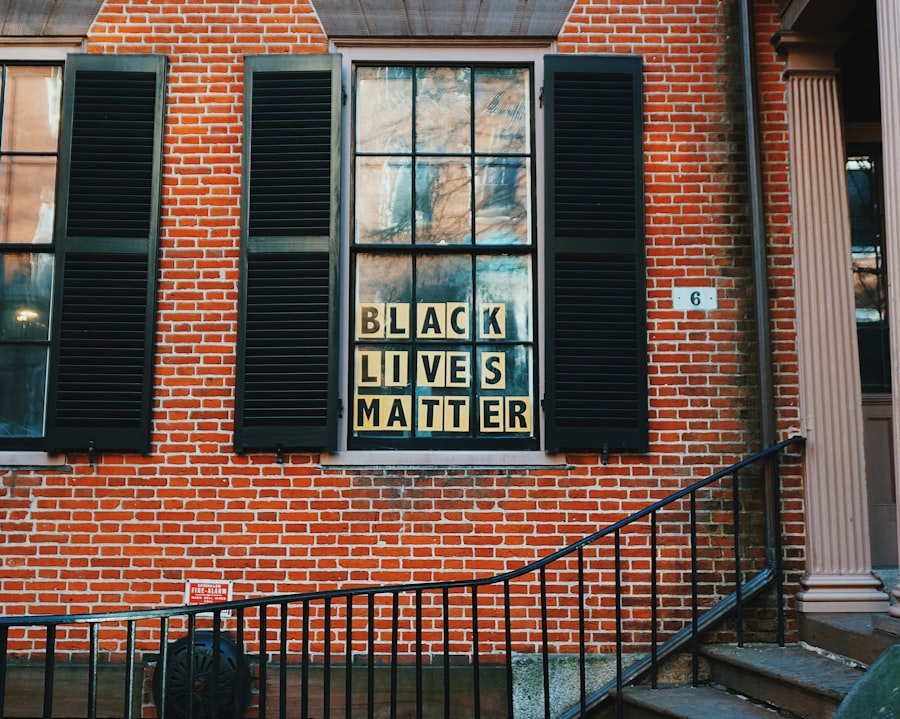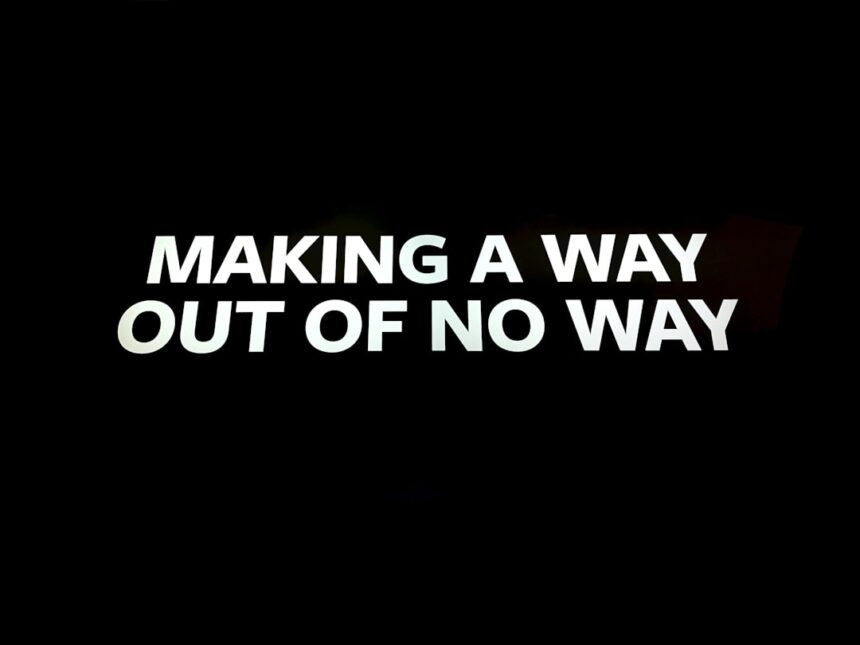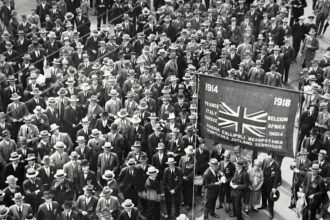Wartime justice and civil liberties represent a complex interplay between the need for security and the preservation of individual rights. Throughout history, nations embroiled in conflict have grappled with the challenge of maintaining order while respecting the fundamental freedoms of their citizens. The tension between these two imperatives often leads to difficult decisions, where the urgency of military objectives can overshadow the principles of justice and human rights.
As societies confront the realities of war, the question arises: how can they ensure that justice prevails without compromising the civil liberties that form the bedrock of democratic governance? The concept of wartime justice encompasses not only the legal frameworks that govern conduct during armed conflict but also the ethical considerations that guide decision-making. Civil liberties, on the other hand, refer to the personal freedoms that protect individuals from government overreach.
In times of war, these liberties are frequently challenged, as governments may impose restrictions in the name of national security. This article seeks to explore the multifaceted relationship between wartime justice and civil liberties, examining historical precedents, contemporary challenges, and potential pathways toward a more equitable balance.
Key Takeaways
- Wartime justice and civil liberties are often at odds, as governments may prioritize security over individual rights.
- War can lead to the erosion of civil liberties, as governments may impose restrictions on freedom of speech, assembly, and privacy in the name of national security.
- Upholding justice during wartime is crucial to prevent human rights abuses and ensure accountability for war crimes.
- Balancing justice and civil liberties in times of conflict is challenging, as governments must navigate between protecting national security and respecting individual rights.
- International law plays a key role in addressing wartime justice and civil liberties, providing a framework for holding perpetrators accountable and protecting human rights during armed conflict.
The impact of war on civil liberties
War has a profound impact on civil liberties, often leading to the suspension or curtailment of fundamental rights. Governments may enact emergency measures that limit freedom of speech, assembly, and movement, arguing that such restrictions are necessary to maintain public order and protect national security. For instance, during World War I and World War II, many countries implemented laws that criminalized dissent and curtailed press freedoms.
These measures were justified by the perceived need to unify the populace against external threats, yet they often resulted in widespread violations of individual rights. Moreover, the impact of war on civil liberties extends beyond legal restrictions; it also manifests in societal attitudes and behaviors. Fear and uncertainty can lead to an environment where discrimination and prejudice flourish.
Minority groups often bear the brunt of wartime policies, facing increased scrutiny and suspicion. The internment of Japanese Americans during World War II serves as a stark reminder of how fear can lead to systemic injustices, as entire communities were unjustly targeted based on their ethnicity. Such actions not only violate civil liberties but also erode trust in governmental institutions, creating long-lasting divisions within society.
The importance of upholding justice during wartime

Upholding justice during wartime is crucial for several reasons. First and foremost, it reinforces the rule of law, which is essential for maintaining order and stability in society.
This commitment to justice can help mitigate the potential for abuses of power, ensuring that military actions are conducted within a framework that respects human rights. Furthermore, upholding justice during wartime fosters a sense of legitimacy among the populace. When citizens perceive that their government is acting justly, they are more likely to support its actions and cooperate with military efforts.
Conversely, when justice is sidelined, it can lead to widespread disillusionment and resistance. Historical examples abound where violations of justice have fueled insurgencies and prolonged conflicts. Thus, maintaining a commitment to justice not only serves ethical imperatives but also contributes to long-term peace and stability.
The challenges of balancing justice and civil liberties in times of conflict
| Challenges | Justice | Civil Liberties |
|---|---|---|
| 1 | Ensuring fair trials for all individuals | Protecting freedom of speech and expression |
| 2 | Preserving the rule of law | Preventing unlawful detention and torture |
| 3 | Addressing security concerns without infringing on rights | Upholding privacy rights and preventing surveillance abuses |
| 4 | Balancing the need for accountability with reconciliation | Protecting against discrimination and profiling |
The balancing act between justice and civil liberties during times of conflict is fraught with challenges. One significant obstacle is the inherent urgency that accompanies wartime decision-making. Leaders often face immense pressure to act swiftly in response to perceived threats, which can lead to hasty decisions that compromise civil liberties.
The desire for immediate results may overshadow careful consideration of legal and ethical implications, resulting in policies that infringe upon individual rights. Additionally, the ambiguity surrounding what constitutes a legitimate threat complicates this balance. In an era marked by terrorism and asymmetric warfare, governments may justify extensive surveillance and preemptive actions as necessary for national security.
However, such measures can easily devolve into overreach, infringing upon civil liberties without sufficient justification. The challenge lies in establishing clear guidelines that delineate acceptable actions while safeguarding individual rights—a task made all the more difficult by the fluid nature of modern conflicts.
The role of international law in addressing wartime justice and civil liberties
International law plays a pivotal role in shaping standards for wartime justice and civil liberties. Treaties such as the Geneva Conventions establish legal frameworks governing the conduct of armed conflict, emphasizing the protection of civilians and combatants alike. These legal instruments serve as benchmarks for accountability, providing mechanisms for addressing violations and ensuring that states adhere to their obligations under international law.
Moreover, international human rights law complements these frameworks by reinforcing the importance of civil liberties even in times of war. Instruments such as the International Covenant on Civil and Political Rights (ICCPR) outline fundamental rights that must be upheld regardless of circumstances. The challenge lies in ensuring that these laws are effectively enforced and that violators are held accountable.
While international law provides a foundation for addressing wartime justice and civil liberties, its implementation often depends on political will and cooperation among states.
Case studies of wartime justice and civil liberties violations

Examining historical case studies reveals the stark realities of wartime justice and civil liberties violations. One notable example is the internment of Japanese Americans during World War
Following the attack on Pearl Harbor, the U.S. government forcibly relocated over 120,000 individuals of Japanese descent to internment camps, citing national security concerns. This decision was later recognized as a grave injustice, rooted in racial prejudice rather than legitimate security threats.
Another poignant case is the treatment of detainees at Guantanamo Bay following the September 11 attacks. The establishment of this detention facility raised significant concerns regarding due process and human rights violations. Detainees were held without trial for extended periods, subjected to harsh interrogation techniques that many considered torture.
These actions sparked widespread condemnation from human rights organizations and legal experts alike, highlighting the dangers of prioritizing security over justice.
The role of human rights organizations in advocating for justice and civil liberties during wartime
Human rights organizations play a crucial role in advocating for justice and civil liberties during wartime. These entities serve as watchdogs, monitoring government actions and holding authorities accountable for violations. By documenting abuses and raising awareness about injustices, human rights organizations contribute to public discourse on the importance of upholding individual rights even in times of conflict.
Additionally, these organizations often engage in legal advocacy, pushing for reforms that protect civil liberties during wartime. They may file lawsuits challenging unlawful detentions or advocate for legislative changes that safeguard individual rights. Through their efforts, human rights organizations not only provide a voice for marginalized communities but also reinforce the notion that justice must remain a priority regardless of circumstances.
Strategies for balancing wartime justice and civil liberties
Finding effective strategies for balancing wartime justice and civil liberties requires a multifaceted approach. One key strategy involves establishing clear legal frameworks that delineate acceptable actions during armed conflict while safeguarding individual rights. Governments should prioritize transparency in their decision-making processes, ensuring that citizens are informed about policies affecting their freedoms.
Moreover, fostering dialogue between military leaders, legal experts, and civil society can facilitate a more nuanced understanding of the challenges at hand. Engaging diverse perspectives can lead to innovative solutions that uphold both security needs and civil liberties. Training military personnel on human rights principles can also enhance awareness and promote adherence to legal standards during operations.
The role of government and military in upholding justice and civil liberties during wartime
Governments and military institutions bear significant responsibility for upholding justice and civil liberties during wartime. Leaders must prioritize ethical considerations alongside strategic objectives, recognizing that actions taken in the name of security can have far-reaching consequences for individuals and society as a whole. Establishing oversight mechanisms can help ensure accountability within military operations, preventing abuses from occurring unchecked.
Furthermore, fostering a culture of respect for human rights within military ranks is essential for promoting adherence to legal standards. Training programs should emphasize the importance of protecting civilian populations and upholding individual rights even amidst conflict. By instilling these values at all levels of command, governments can create an environment where justice remains a guiding principle throughout military operations.
The long-term effects of wartime justice and civil liberties violations on society
The long-term effects of wartime justice and civil liberties violations can be profound and enduring. Societies grappling with past injustices often face challenges related to trust in governmental institutions and social cohesion. When individuals perceive that their rights have been violated without accountability, it can lead to disillusionment with democratic processes and increased polarization within communities.
Moreover, historical injustices can perpetuate cycles of violence and conflict. Marginalized groups may feel alienated from mainstream society, leading to grievances that fuel resentment and unrest.
Finding a balance between wartime justice and civil liberties
In conclusion, finding a balance between wartime justice and civil liberties is an ongoing challenge that demands careful consideration from governments, military leaders, and society as a whole. While national security concerns are undeniably pressing during times of conflict, they must not come at the expense of fundamental rights that underpin democratic governance. Upholding justice is essential not only for maintaining order but also for fostering trust between citizens and their institutions.
As history has shown, violations of civil liberties during wartime can have lasting repercussions on society’s fabric. Therefore, it is imperative for nations to prioritize transparency, accountability, and respect for human rights even amidst crises. By doing so, they can navigate the complexities of wartime decision-making while ensuring that justice remains a guiding principle—one that ultimately strengthens both security and democracy in the long run.
In the ongoing debate between wartime justice and civil liberties, the balance between national security and individual rights remains a contentious issue. An insightful article that delves into this complex topic can be found on the website “In The War Room.” The article explores historical and contemporary examples of how governments have navigated this delicate balance, often sparking intense public discourse. For a deeper understanding of the challenges and implications involved, you can read more about it by visiting the article on their website. Check out the full discussion here.
WATCH THIS! 😱The Nazi Trial America Never Wanted You To See 😱
FAQs
What is wartime justice?
Wartime justice refers to the legal and judicial processes that occur during times of war or conflict. This can include the prosecution of war crimes, the treatment of prisoners of war, and the maintenance of law and order in war-torn areas.
What are civil liberties?
Civil liberties are the basic rights and freedoms that are guaranteed to individuals by law. These can include freedom of speech, freedom of religion, the right to a fair trial, and protection from discrimination.
How does wartime justice impact civil liberties?
During times of war, there is often a tension between the need for security and the protection of civil liberties. Wartime justice measures, such as increased surveillance, detention of suspects, and restrictions on freedom of speech, can sometimes infringe upon civil liberties in the name of national security.
What are some examples of wartime justice measures that have impacted civil liberties?
Examples of wartime justice measures that have impacted civil liberties include the internment of Japanese Americans during World War II, the use of enhanced interrogation techniques on suspected terrorists, and the expansion of government surveillance programs in response to terrorist threats.
What are the arguments for prioritizing wartime justice over civil liberties?
Proponents of prioritizing wartime justice argue that the protection of national security and the prosecution of war crimes are paramount during times of conflict. They believe that temporary restrictions on civil liberties are necessary to ensure the safety and security of the population.
What are the arguments for prioritizing civil liberties over wartime justice?
Opponents of prioritizing wartime justice over civil liberties argue that the erosion of civil liberties can lead to abuses of power and violations of human rights. They believe that it is possible to maintain national security without sacrificing fundamental rights and freedoms.
How can a balance be struck between wartime justice and civil liberties?
Finding a balance between wartime justice and civil liberties often involves careful consideration of the specific circumstances and the implementation of checks and balances to prevent abuses of power. This can include judicial oversight of wartime measures, transparency in government actions, and respect for international human rights standards.




